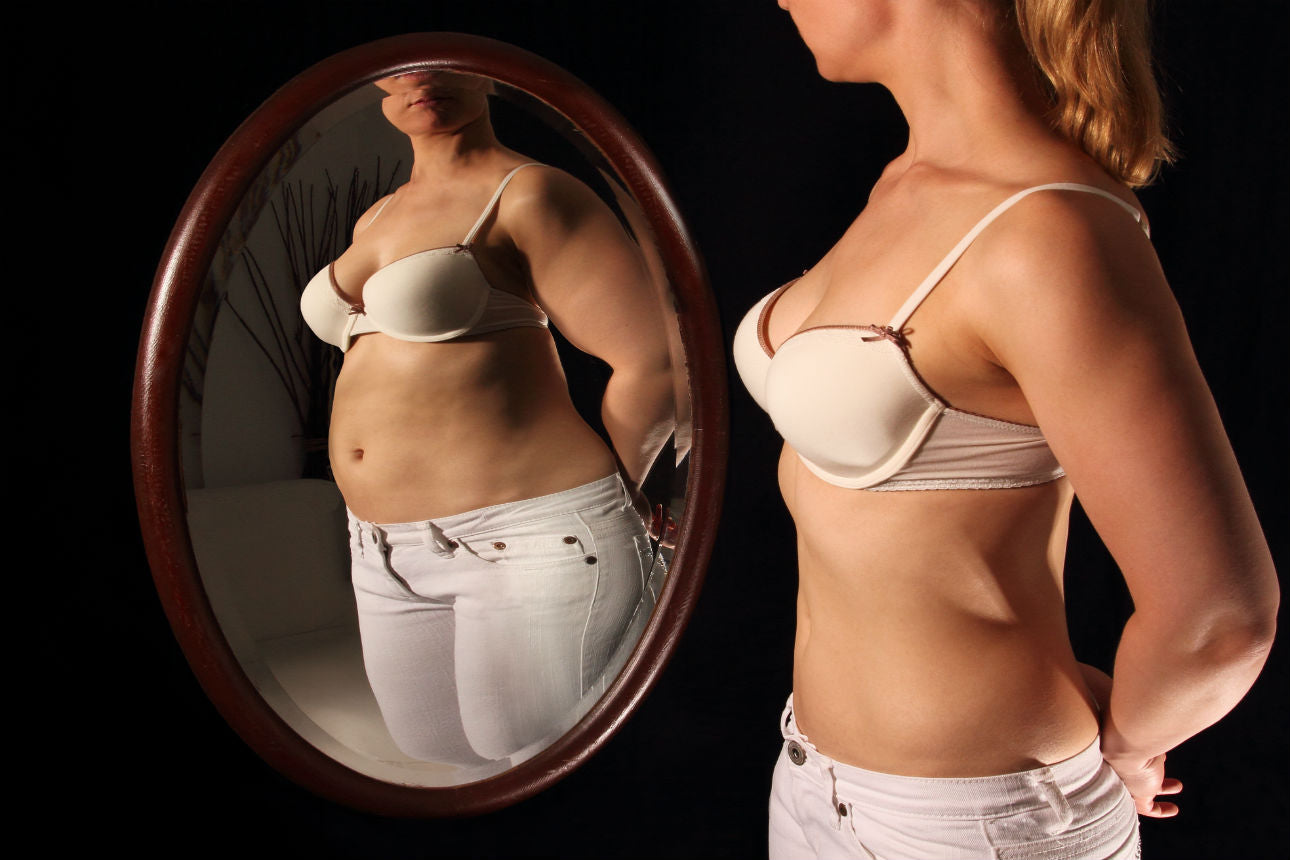No Products in the Cart


Food is an emotional thing- it can make us feel pleasure, guilt, strong or weak. We abuse it, some more than others, because we can use it to change the way we feel, about ourselves and in general. Generally, we think of eating disorders as being dangerously unhealthy eating habits- but can you have dangerously healthy eating habits?
We, as a whole, are becoming more health conscious. We spend billions of dollars each year on products to help us get healthy and lose weight, and are taking an active interest in what we are putting into our bodies, for the first time fighting with food manufacturers to tell us just what the hell it is we are actually eating. But with that comes those few people that take that interest in eating healthy to extreme.
Orthorexia is a relatively new term for an obsessive compulsive eating disorder focusing on eating healthy or pure foods. Orthorexics will eliminate most foods, and sometimes entire food groups, all in the name of health.
How is this different than being vegan or eating paleo?
What makes orthorexia different is that while limited diets restrict certain foods or food groups, like vegetarains who may avoid meat for ethical reasons, orthorexics will put such impossible and often unnfounded health standards on all their foods, to the point where their health may actually suffer. Orthorexics are focused on the purity of the food, not only making sure that what they are eating is a healthy choice, like an apple over a cookie, but that that apple is organic, fresh, unblemished, and prepared only by you. In some cases, orthorexics will refuse to eat foods that even touched higher calorie, unhealthy or contaminated foods. They often avoid all processed food completely, opting for completely raw diets, which in the end, can lead to malnutrition and dangerous weight loss.
But most of all, knowing when healthy eating crosses the line comes down to your mind frame.
Despite the original intention of being as healthy as possible, orthorexia turns into a problem when the control exercised over food turns into obsession. Eating disorders are not defined by the number on the scale, so thinking Im not thin enough to be sick is dangerous. The main thing to think about is how you feel when you eat. Its your motivation or your self talk when you are making decisions that let you know if you have a problem. If your dialogue about food is negative and non-stop, full of you cants and you shouldnts leaving you feeling guilty as opposed to feeling empowered, thats when opting for an apple over a donut can be an unhealthy choice.
Beside extreme weight loss, warning signs for orthorexia include:
Obsessive thoughts regarding healthy eating that take up a considerable amount of time, interfering with other areas of your life. Most of your day is either spent preparing food or thinking about food.
Your obsession negatively affects other areas of your life. Your relationship with family and friends may begin to suffer as you avoid social situations out of fear of unhealthy food options.
You distrust food prepared by others.
You are so emotionally tied to food that you cant distinguishing between feeling hungry, full, or if you are experiencing cravings.
You feel guilt or disappointment in yourself when you eat something that doesnt fit your meal plan.
You feel superior to others based on the foods you have or have not eaten and you find your identity in eating healthy.
You search for spirituality through food (the thinking that pure food will lead to a pure life)
A good question to ask yourself is, is this getting in the way of the things I used to love? If the answer is yes, your positive habit is having a negative impact on your life.
Someone purchsed a